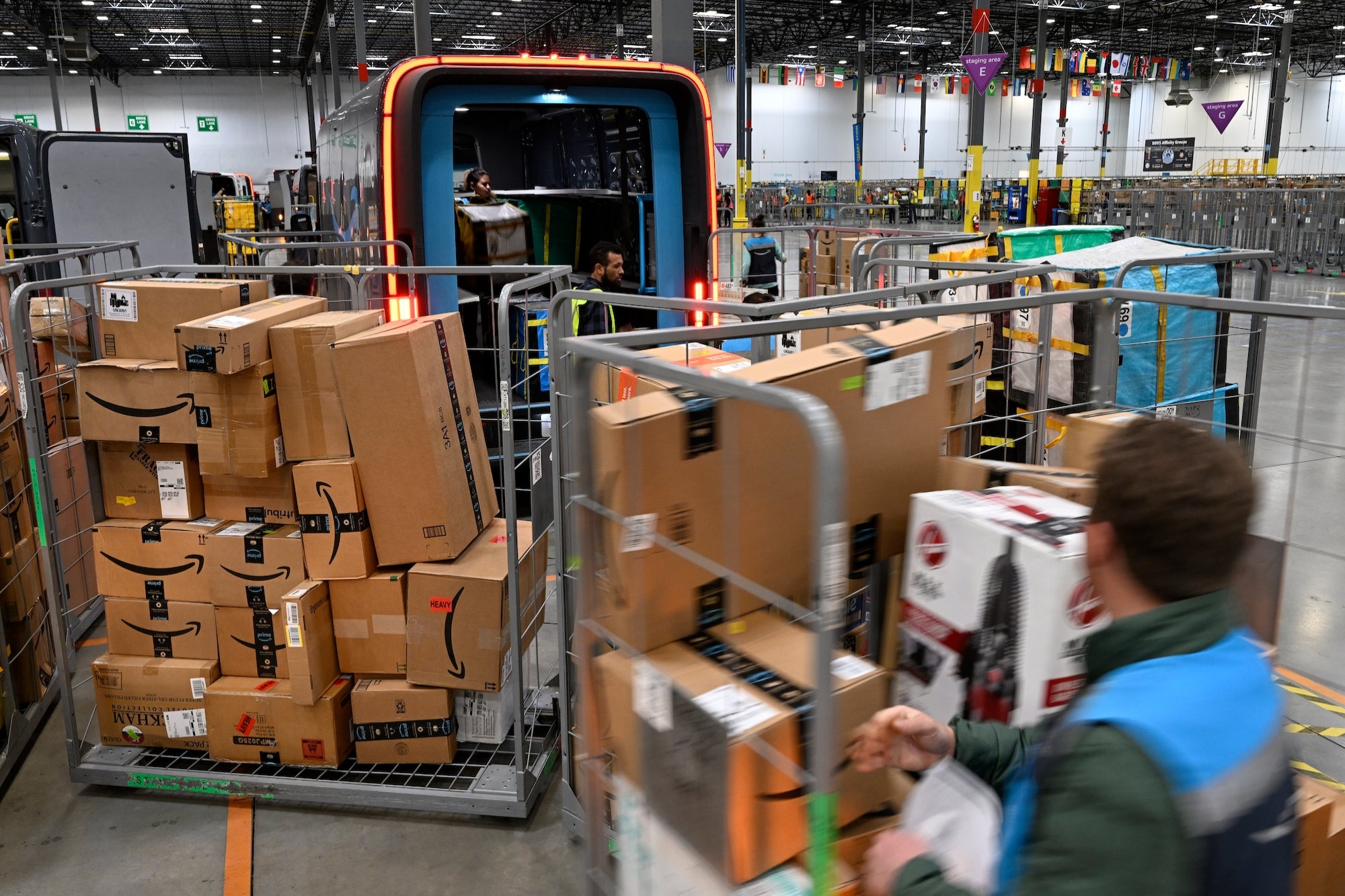Want Tech Workers to Stick Around Longer? Think 30 Years -- Not Three.Turnover can have a huge impact on your bottom line. But, there are meaningful steps you can take to ensure your people will want to stay with your organization for years to come
ByVivian Maza•
Opinions expressed by Entrepreneur contributors are their own.

Building long-term relationships and retaining top talent is an ongoing challenge for many organizations, and especially for tech companies, which see some of thehighest turnover ratesamong industries. It's not because tech companies are undesirable employers -- in fact, many offer extraordinary benefits packages. While generational changes and evolving expectations in the workforce play an important role, another major factor influencing this trend is actually an industry-wide talent shortage. Companies are looking to attract and keep high performers, who, at the same time, are being recruited to join competing organizations.
The2017 Deloitte Global Human Capital Trendsreport found that 78 percent of today's businessleadersrate employee engagement and retention as one of their top concerns. Because, as business of all sizes and industries know, turnover can be costly (the Society for Human Resource Managementfinds the total cost of replacing employees can range from 90 percent to 200 percent of their annual income).
Related:Staff Turnover Is Draining Your Business
Whether you're a company with four employees or 400, turnover can have a huge impact on your bottom line. But, there are meaningful steps you can take today to ensure your people will want to stay with your organization for years to come -- focused on developing their careers from within, while supporting your customers and growing your business.
Hire people you want to have dinner with.
Cultivating a positive and productiveworkplace culturerelies on hiring people who care about others, share your company values, and support your mission. Having the necessary job experience is important, but possessing cultural fit is vital. When interviewing a candidate, ask yourself,Would I like to have dinner with this person?If not, then they're probably not the one to lead your sales team over the next thirty years. Taking both skill set and personality into account can make a lasting difference on your hiring decisions.
Related:Think Perks Are an Incentive? Your Team Doesn't.
Invest in meaningful, long-term benefits.
If you want employees to stay with you until retirement, show them you're wholly invested in theirretirement. Catered lunches and company outings are impactful in the short term, but 401(k) matching is a worthy investment that can (literally) impact employees for a lifetime. Think about ways you can restructure benefits to accommodate employees of all ages, throughout all stages of their lives -- and dream big:If I want this hire to still be here in thirty years, what will she need?
Maternity leave might not be what a recent graduate utilizes today, but a generous benefits package shows you're thinking about keeping that employee happy 10-plus years from now. Not every benefit will fit into every company's budget, but taking a closer look at your current offerings might uncover new opportunities. Years ago at Ultimate, we replaced our companywide holiday party with a more generous 401(k) company match, and we continue to receive positive feedback from employees.
Related:The 5 Touchpoints When You Can Boost Retention Through Training
Protect your "family" as you scale.
Employees at smaller companies often describe their coworkers as "family," though the same isn't always true for companies with thousands of employees. However, sustaining your family-like culture should remain a top priority for your organization. We've seen Ultimate grow from four employees in 1990 to nearly 4,000 employees today. Throughout our growth, we've focused on preserving "the little things," the special touches -- from birthday cake celebrations to community service outings -- that made us family from the beginning, and continue to make a big difference for our employees. Break-room cupcakes and team lunches shouldn't disappear as you scale. Think about what made your company special when you started, and what you can continue to hold onto (or bring back) in order to preserve that close-knit family culture.
Related:5 Questions You Must Ask to Keep Your Best and Brightest Talent
Empower people to embody your culture.
Culture starts at the top, but it's preserved from the bottom. As a business leader, you can set the tone by walking the talk. But, the more discretion you give employees, the greater connection they'll feel to your company, and to your culture. Work-life balance is a key example. The CEO can leave at the end of every day at a reasonable time, but that doesn't have to be the companywide definition of balance. It's even more empowering to let employees define what balance means to them. An employee may want to come in later, so he can drop off his daughter at preschool every morning. That workplace flexibility, and the ability to define balance in his own way, means he's personally contributing to the culture -- not just following suit.
Fostering an employee-centric culture in which people will want to grow their careers takes commitment, but there's no one-size-fits-all approach tosuccess. AtUltimate, we've built a caring, trusting and supportive workplace -- with a 95 percent employee retention rate -- by putting people first and always doing the right thing for our employees. If you establish the right culture for your company, and protect that culture as you bring new hires onboard, you can continue to build a successful workplace. Ultimately, when employees know you're fully invested in them, they'll be more invested in your products, your services, your customers, and -- most importantly -- one another.










